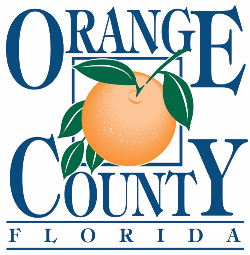Corporations get triple dip deduction for contributions to private schools
June 25, 2012
Executive Summary
The EITC Is a Minimal Cost to Companies, Making It Costly to Individual PA Taxpayers “One of the major advantages of the EITC is that for Pennsylvania corporations, the taxpayer receives the benefit of both the credit AND the charitable contribution deduction, making the true out-of-pocket cost minimal in many circumstances.” EisnerAmper Accountants & Advisors, State and Local Tax Advisory, June 2009 |
Individual taxpayers are footing the bill for $9 out of every $10 of corporate contributions for private and parochial school scholarships made through Pennsylvania’s Educational Improvement Tax Credit (EITC).
The EITC allows businesses to recover 75% to 90% of the cost of contributing to an EITC-qualified organization. Companies can also take state and federal tax deductions for a “charitable” contribution, amounting to a “triple dip” tax reduction.
Altogether, a company making a $300,000 annual EITC contribution over two years will pay only $20 a year in out-of-pocket costs. For a company that contributes to a prekindergarten scholarship (which yields an even more generous credit), the tax benefit can be more than the total value of the “contribution.”

Companies Taking the EITC Credit Get a Triple Dip Tax Reduction |
The result — a minimal cost to companies, a substantial cost to taxpayers, and a further reduction in funding to support the quality public schools that Pennsylvania needs to build its economy.
The General Assembly is expected to vote on House Bill 2468 in late June, which will expand the EITC and create a new scholarship program – altogether raising the cost from $75 million in 2011-12 to $200 million in 2012-13. Tax credits will be available to businesses on donations up to $400,000 in 2012-13 and up to $750,000 after that – up from the current $300,000 cap.
Proponents argue that expanding the EITC doesn’t affect the budget because companies pay the bill; however, the opposite is true. Individual taxpayers will pay at least $9 of $10 in EITC funding.
The EITC program needs substantial program reform prior to any expansion. It is a costly program with little accountability that allows businesses to direct other taxpayers’ money to favored organizations.
Expanding the EITC now will drain more state revenue away from public schools at a time when many are laying off teachers, cutting kindergarten or prekindergarten, and eliminating courses.














































